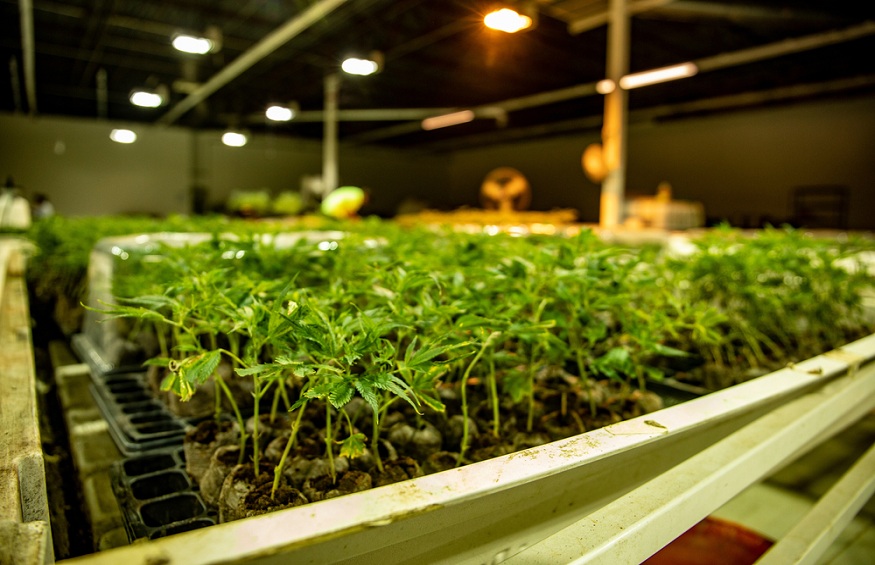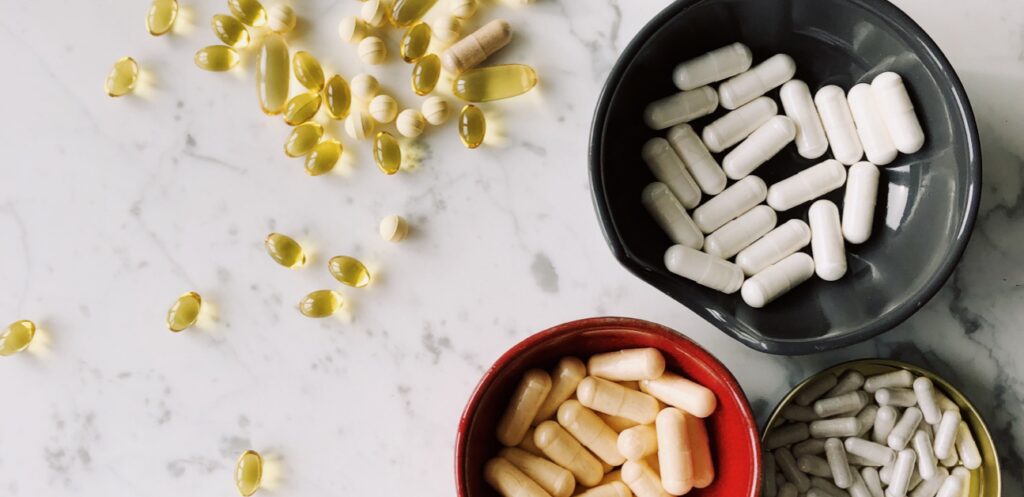If you have always assumed that marijuana and hemp growers target different markets, you would be correct. But only to a certain degree. Lately, they find themselves targeting the same market. This has caused quite a bit of contention that now has many marijuana and hemp growers at odds with one another.
The market in question is the extract market. Growers who produce marijuana for people choosing to smoke it are doing just fine. The same goes for hemp growers whose plants are utilized for making rope, producing textiles, and the like. But growers of both types of plants face heavy competition for a limited number of processors who buy their crops in order to extract CBD, THC, and other active compounds.
Things are getting so competitive that a recent post appearing on the Central maine.com website suggests hemp growers may be undermining the marijuana market enough to actually threaten it. Growers interviewed for the article are generally concerned about losing the millions they have poured into their legal marijuana operations.
It Starts with Extraction
Cannabis plant material not destined to be smoked or turned into industrial products must be processed to be usable. Processing starts with extraction. A processor invests in extraction equipment manufactured by a company like Houston-based Cedar Stone Industry. That company also purchases tons of cannabis biomass – be it marijuana or hemp.
So far, so good. The trouble doesn’t start until after extraction. That is when processors can take non-intoxicating CBD and transform it into a THC isomer. What is an isomer? It is a chemical compound that has the same molecular structure as a similar compound but differs in terms of how its molecules are arranged.
Creating Cheap THC
Processors can take CBD and turn it into Delta-8 THC by applying heat and a solvent. Delta-8 THC is an isomer of Delta-9 THC, the can nabinoid that makes marijuana users high. Here’s the problem marijuana growers are facing – it is cheaper to synthesize THC from CBD than extracting it from marijuana plants.
It is also cheaper to grow hemp because it doesn’t require any special growing conditions. You can plant it outside and pretty much let it go. Cultivating marijuana requires more effort and more money. To do it effectively, you have to grow it indoors under tightly controlled conditions. Overall, this makes processing marijuana to create extracts rather expensive.
Growers Asking for Help
As you might expect, the Central maine.com piece says that growers in many states are now turning to their legislators for help. They want Delta-8 THC and similar isomers either heavily regulated or banned entirely. They say legislation is needed to level the playing field. But is it?
Rather than burdening the hemp industry with the same regulations marijuana grower’s face, wouldn’t it be better just to pull back on marijuana restrictions? It seems better to level the playing field by reducing regulation instead of piling on more.
One way or the other, the legal marijuana industry says something has to be done. Delta-8 THC has proved so profitable that it is difficult to imagine it going away any time soon – even in the small number of states that have already moved to make it illegal.
As for consumers, Delta-8 products offer a way to get around THC restrictions. CBD products infused with Delta-8 are virtually everywhere. That will continue as long as CBD can be extracted and synthesized into Delta-8 more cheaply than extracting Delta-9 THC from marijuana. It is an unfortunate truth the legal marijuana industry has to deal with. And now you know why marijuana growers are at odds with their hemp counterparts.



